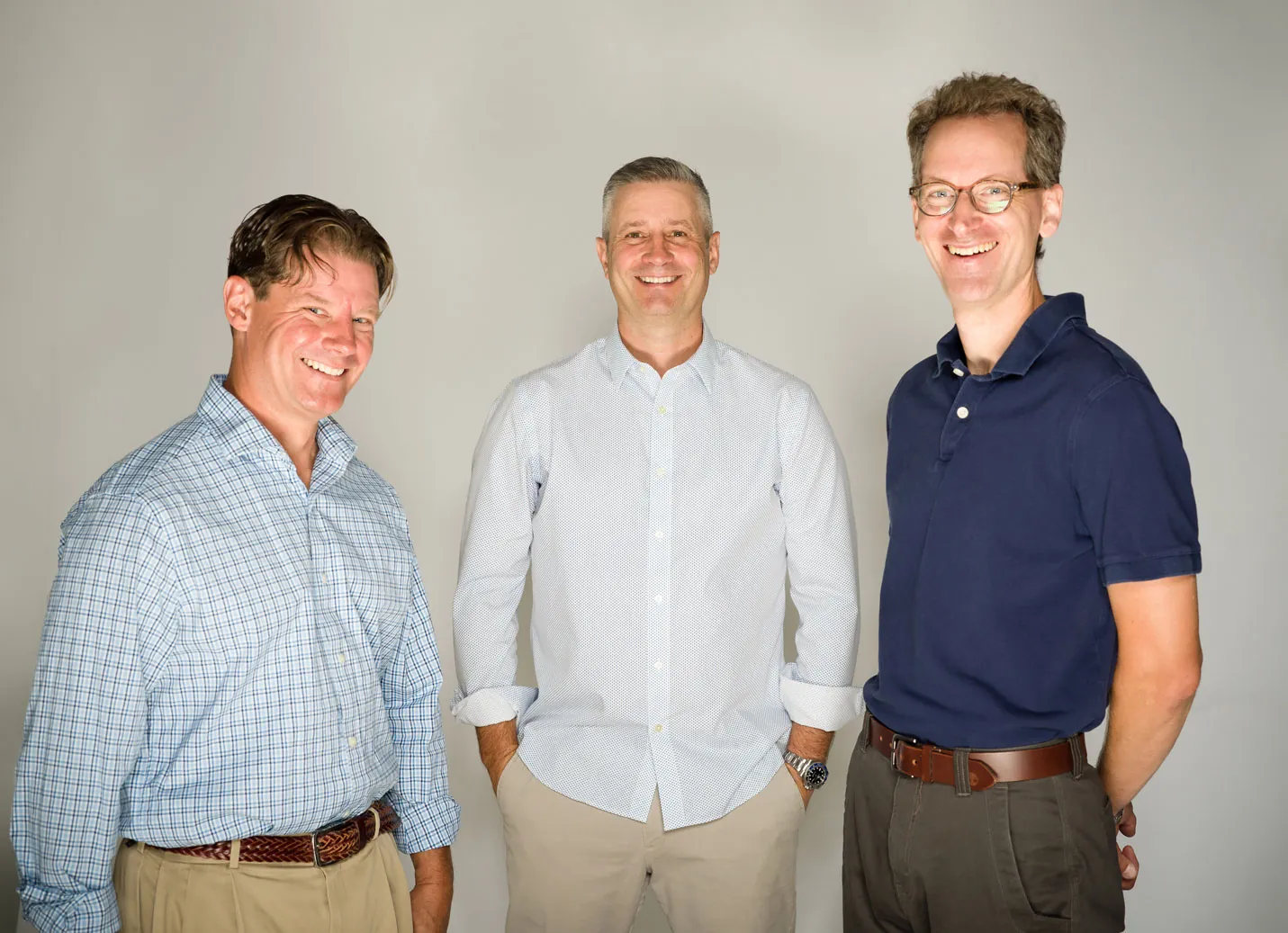Thomas Ryden is Executive Director of MassRobotics, which helps next-generation robotics and connected device companies develop and scale. He told us about some of the companies in MassRobotics’ portfolio, and how his organization connects startups with the workspace and resources they need to develop, prototype, test and commercialize their products and solutions.
Q: What kinds of programs and initiatives are you working on at MassRobotics? Anything especially new and exciting happening?
A: MassRobotics plays a crucial role in supporting the robotics community, particularly in the tough tech sector. We focus on companies that are developing hardware-based solutions, especially those that interact with the physical world. Our primary objective is to provide these companies with a wide range of resources. We offer them space, tools for prototyping, and essential marketing support. These and other resources can help them bring their innovative ideas to life and get their products into the market.
Q: What led you to pursue a career in this field?
A: I’ve been involved with robotics for a long time and have worked on several startups within the field, some of which have had successful exits. Some industry peers approached me about joining a new nonprofit, which was MassRobotics. The concept intrigued me and I became part of this journey about seven or eight years ago.
Q: What kinds of projects are the companies and individuals you work with at MassRobotics engaged in? Do you have any exciting success stories to share?
A: We have a diverse and exciting portfolio of 82 startups, and it’s tough to pick favorites. However, our companies are engaged in a wide range of fascinating projects. Many of them are focused on automation for warehouses and manufacturing—optimizing tasks like item picking, packaging, and efficient material handling. These areas are not only popular but also well-funded.
What particularly excites me are companies working on lesser-known aspects of robotics. For instance, we have startups delving into agricultural robotics, where robots help reduce pesticide usage and improve water efficiency. Some of them are working on innovative solutions, like laser-focused weeding or early weed removal strategies. These may have a significant impact on sustainable agriculture.
We also have companies dedicated to recycling and sorting, especially for materials like electronic waste and glass. They’re contributing to a more sustainable approach to recycling.
Lastly, we have assistive tech companies, such as one developing a robotic hand for deaf-blind individuals which allows them to understand sign language through touch. Another company focuses on creating a smart cane that offers guidance and assistance to visually impaired users. These are all areas that I find extremely fascinating and impactful.
Q: What is something about MassRobotics and the robotics ecosystem in Massachusetts that people should be aware of?
A: One key point of interest, often raised in discussions, is the concern about job displacement due to automation and robotics. There’s a common fear that robots will replace human workers and lead to significant job loss. However, it’s important to understand that robots are primarily designed to handle tasks that are dull, dirty, or dangerous—the 3 Ds. By using robots in such roles, we can actually improve worker safety and efficiency. Robotics can complement human workforces and expand the range of tasks we can accomplish, ultimately enhancing productivity and safety.




